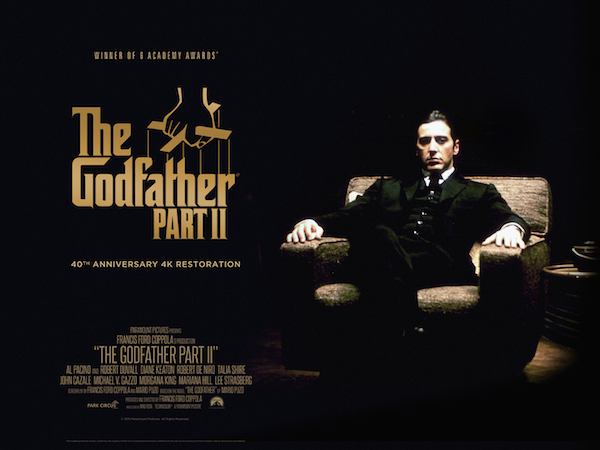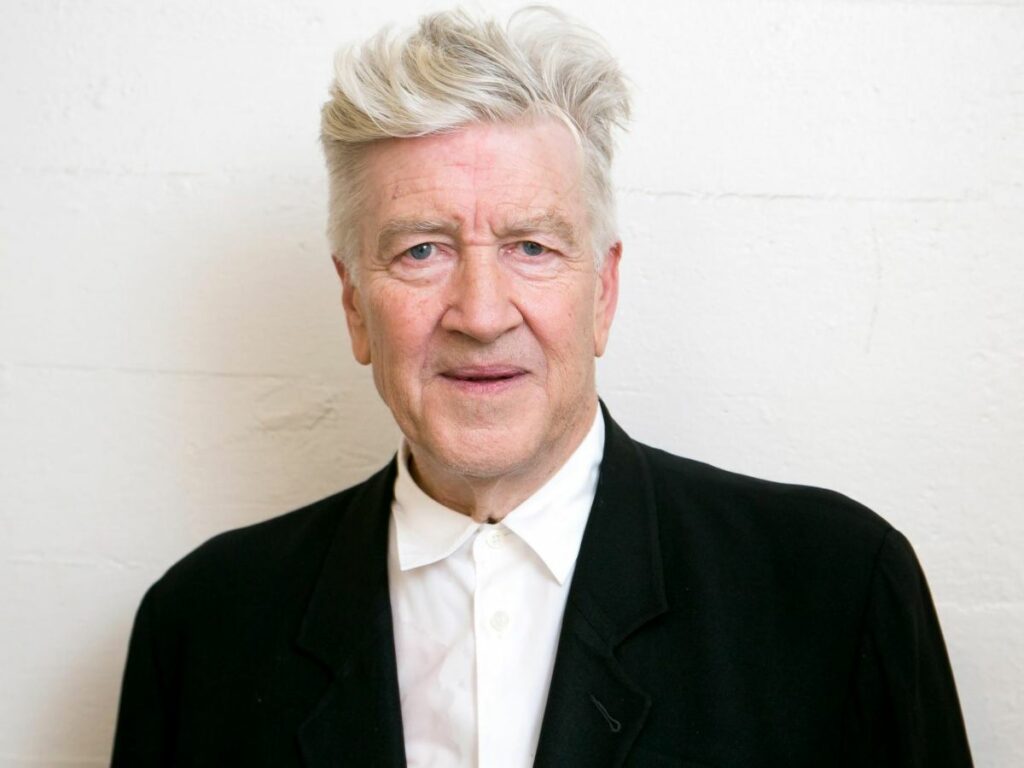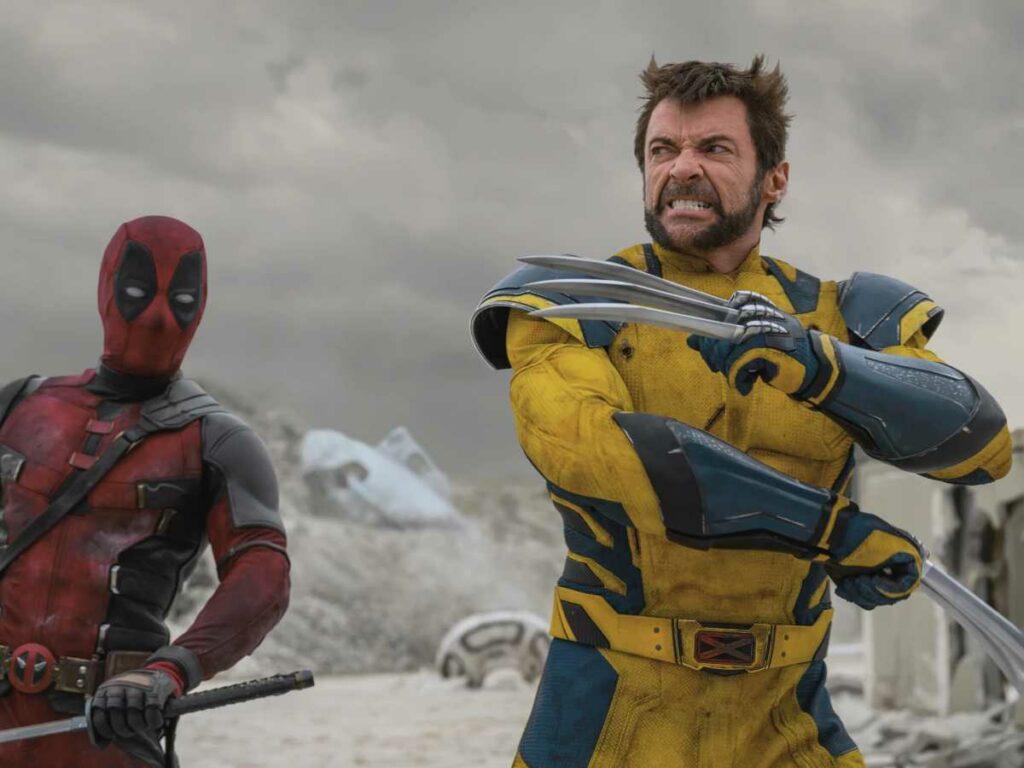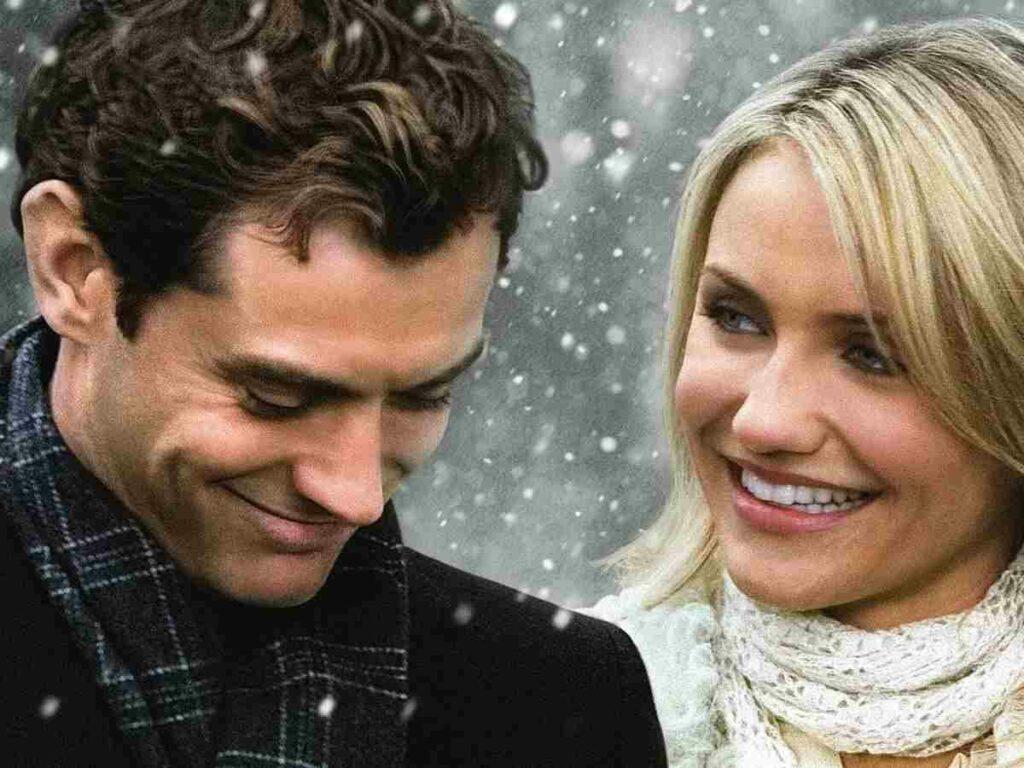“My father taught me many things here – he taught me in this room. He taught me: keep your friends close, but your enemies closer.” - Michael Corleone.
As Michael Corleone was saying this now iconic quote to Frank Pentangeli (portrayed by Michael V. Gazzo), my mind turned back to the first Godfather movie, which I had watched months prior to watching the sequel (for the first of many views). The Godfather has so much cultural significance in today’s society (especially American). There’s a little part of me, though foolishly, a part that wishes they could experience the life of a Mafioso, or to be around one. Just to see what goes through their minds. Just to have a little taste of the lives they lived. That’s the effect the trilogy had on me. But then again, most gangster movies (or at least the good ones) have that effect (hats off to you, Scorsese).
When The Godfather first premiered in 1972, co-screenwriter and novelist Mario Puzo had already started work on the
sequel. But why? What were they thinking? How will they ever reach the commercial and critical heights of the first movie? It was suicide, trying to replicate the same, insane amounts of success. But they pulled it off.
The Godfather Part 2, released in 1974, acts as both a sequel and a prequel to the first movie. The sequel storyline follows Michael Corleone, a different man from when he took over the reins from his father. A more ruthless, cunning man. Just plain evil. As the film goes on, it is increasingly evident that Michael is losing his humanity. The innocent and naive war hero, who didn’t want to get near his father’s profession, is long gone. Here we see a man who has become what he hated the most. But what he does, in some capacity, he does for his family. But his actions get the better of him. The penultimate scene of the movie is proof that Michael has crossed over to the dark side.
In stark contrast to this is the prequel storyline, where we see Vito Andolini, later Vito Corleone, through a tragic incident, the
murder of his mother and brother, escape from his hometown village of Corleone as a young boy, and make it to the Land of Opportunity, America. This storyline portrays the rise of Vito Corleone, by making friendships and never compromising his ideals, rising up with the trust and respect of his peers to finally become The Godfather.
Where the first film tells a narrative-oriented story about a business deal gone bad, the second film is much more sprawling and darker in tone and focuses on some huge philosophical touchstones, like Michael’s fading humanity. The movie also provides some ingenious contrast in terms of theme — the rise of Vito Corleone and the fall of his youngest son, Michael, decades later.
Along with this incredible script came Francis Ford Coppola’s expert direction, and some inspired casting.
Al Pacino doing some of his career’s best work, making the character of Michael Corleone a legend in the process. Robert de Niro, dubbed a rising star after his role in the Martin Scorsese-directed classic Mean Streets, was a wild card draw, and saw one of the greatest actors of his generation come into the spotlight and cement his place as one of Hollywood’s heavyweights.
In this male-dominated film, Diane Keaton quietly steps in and makes one of the standout performances in the film.
Cinematographer Gordon Willis with his excellent vision combined with Nino Rota’s classic Godfather theme, gives us the classic Italian-American feel.
The production was exceptional, making full use of the gigantic budget they were given. And behind the scenes, we had Coppola, taking a good script and turning it into a Hollywood classic.
The Godfather Part 2 was nominated for 11 Academy Awards and became the first sequel to claim the Best Picture Award. Coppola grabbed the Best Director title; Robert de Niro was given his well-deserved Oscar; whilst Coppola and Puzo took away the Best Adapted Screenplay Oscar.
There are people who prefer Part I to II and vice-versa. I myself prefer the second part, despite loving the first one as well. But in the end, trying to prove one’s superiority over the other is futile.
At this point, one cannot exist without the other. They must be watched and appreciated because of the absolute masterpieces they are. The third one isn’t bad either! But if you haven’t seen this trilogy, please do. This movie (and the entire trilogy, of course) is absolutely essential for anyone who wants to watch some damn good cinema.
Where to Watch: Amazon Prime
Rating: 5/5




